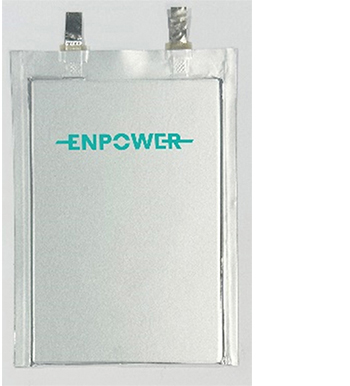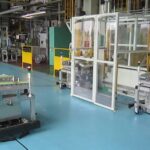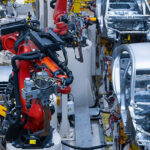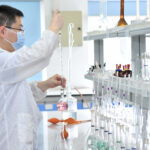ASIA ELECTRONICS INDUSTRYYOUR WINDOW TO SMART MANUFACTURING
Softbank, Enpower Japan Develop New Future Batteries
SoftBank Corp. and Enpower Japan Corp. have promoted the development of lightweight, large-capacity, and high-specific energy (Wh/kg) next-generation batteries with applications for IoT devices and cellular base stations. Accordingly, both companies succeeded in the development of technologies that reduce interface resistance between the cathode and solid electrolyte layer. At the same time, reducing the weight ratio of solid electrolyte to achieve high energy density.
Enpower Japan is a subsidiary of US-based Enpower Greentech Inc.
Both companies also confirmed the successful verification of a high specific energy (300 Wh/kg) all-solid-state battery cell (ASSB) with lithium metal anode.

Challenges, Issues
Widely used lithium-ion batteries use organic liquid electrolytes as ion conductors. In contrast, ASSB uses solid electrolyte. Therefore, ASSB features include high safety and low risk of ignition or leakage of liquid electrolyte, which was an issue with lithium-ion batteries. Solid electrolyte emerges to improve lifetime and temperature characteristics. In addition, it can also expand the operation voltage range since the material is more stable than the liquid electrolyte. On the other hand, ASSB has issues with interface formation and weight increment.
In the case of solid electrolyte, unlike liquid electrolyte, it is essential to form a suitable interface between the electrode material and the solid electrolyte because of the low adhesion between the cathode active material and the electrolyte. Furthermore, there is an increase in interface resistance related to ion conductivity, which causes a reduction of battery capacity, output power characteristics, and lifetime characteristics.

In addition, solid electrolyte with a higher specific gravity than liquid electrolyte tends to increase the weight of batteries. ASSBs have lower specific energy than current lithium-ion batteries.
New Technology
To solve these issues, both companies successfully developed technology that reduces interface resistance between cathode active material and solid electrolyte. In addition, the technology also reduces the weight ratio of solid electrolyte in cathode mixture, makes a thinner solid electrolyte layer, and increases the specific energy to 300 Wh/kg. This energy value is the same as the maximum value of a lithium-ion battery cell.
SoftBank and Enpower Japan will continue to conduct various research activities into high-capacity next-generation batteries to solve social issues. Particularly, through their business activities by making use of their technologies.
ASSB has solid materials for all internal components using solid electrolyte as ion conductor. Particularly, batteries that contain even a low percentage of liquid components do not qualify as ASSB. Nonetheless, they are more of solid-state batteries, quasi-solid-state batteries, or semi-solid-state batteries.
Compared to solid-state batteries, ASSBs have a wider range of operating temperatures and voltages, as well as improved lifetime and output power characteristics.




